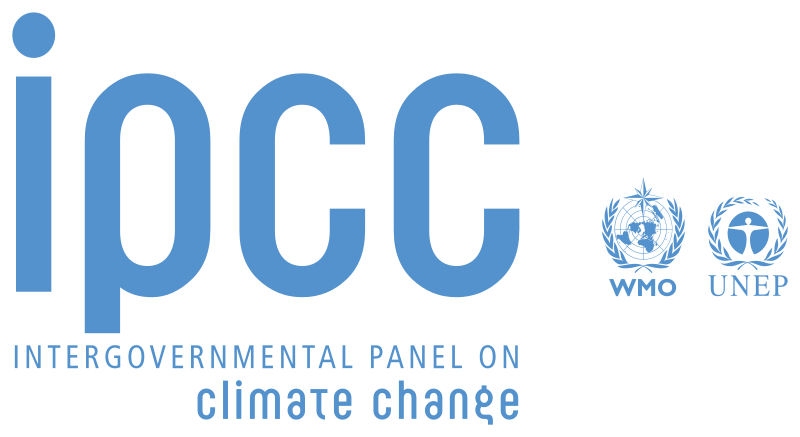An United Nations organization that makes assessments about the climate based on the available scientific information.
The IPCC was formed in 1988 by the World Meteorological Organization (WMO) and the United Nations Environment Program (UNEP), two organizations within the United Nations.
The purpose of the IPCC is to evaluate the currently available knowledge and understanding of climate change, and provide objective information and advice about climate changes for decision-makers and others interested in climate change.
The IPCC consists of governments (from member countries of WMO and UNEP), and of hundreds of scientists from all over the world.
The IPCC does not do any research or monitoring of climate itself, instead its main activity is to regularly produce Assessment Reports containing the most recent knowledge on climate change, and advice on how to respond to it. In addition the panel produces a range of other reports and papers at the request of for example the Conference of the Parties.
The work of the IPCC is divided into different groups. The first group deals with evaluating the available scientific information about climate and climate changes. The second group assesses the ways in which climate change is going to affect us and nature, and how we can adapt. The third group evaluates the possibilities for reducing greenhouse gas emissions. Finally a task force is in charge of overseeing the national greenhouse gas emissions inventories.
To date four Assessment Reports have been produced in 1990, 1995, 2001 and 2007. The reports are widely used and have great influence on the policies made in relation to climate change such as the United Nations Framework Convention on Climate Change (UNFCCC) and the Kyoto Protocol.
Visit the official IPCC website
